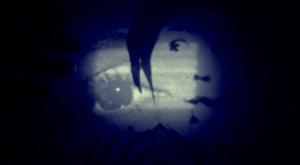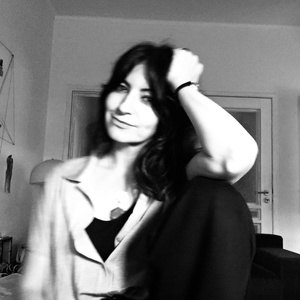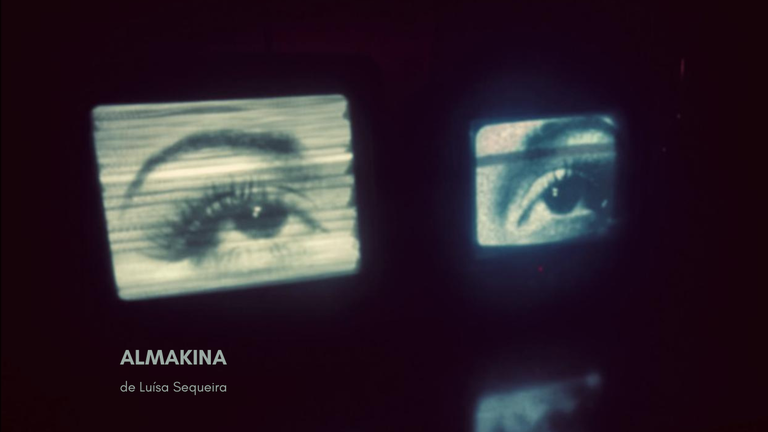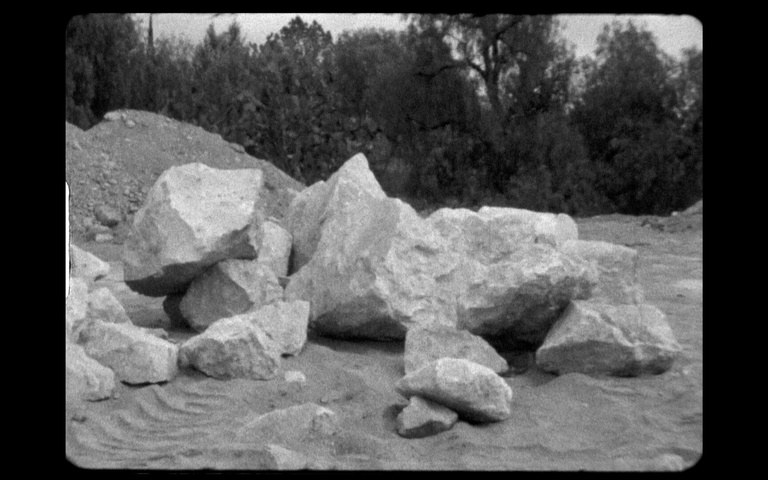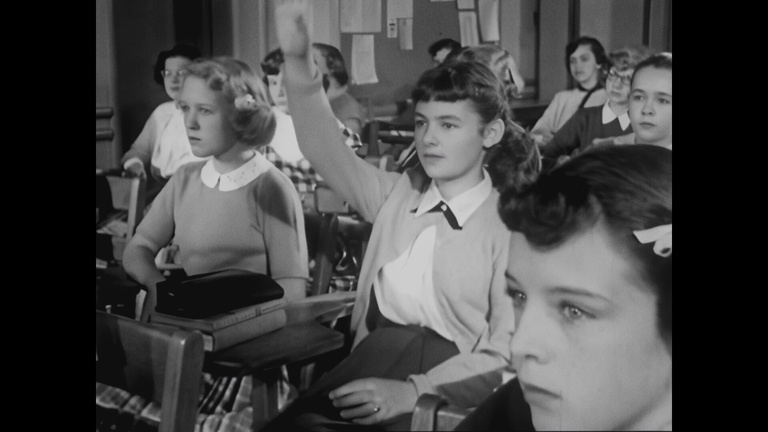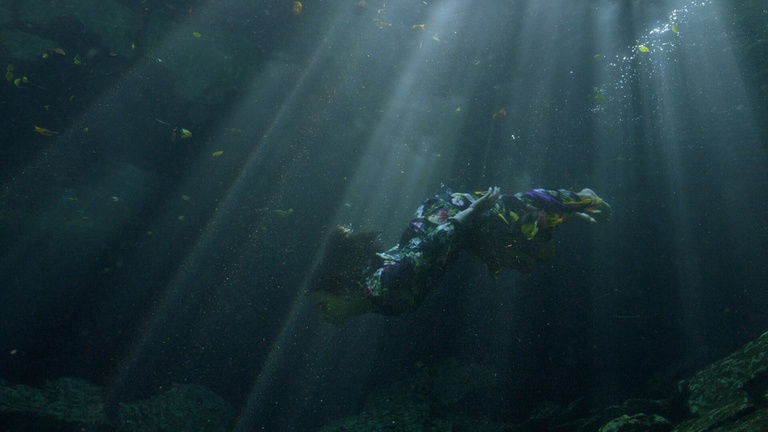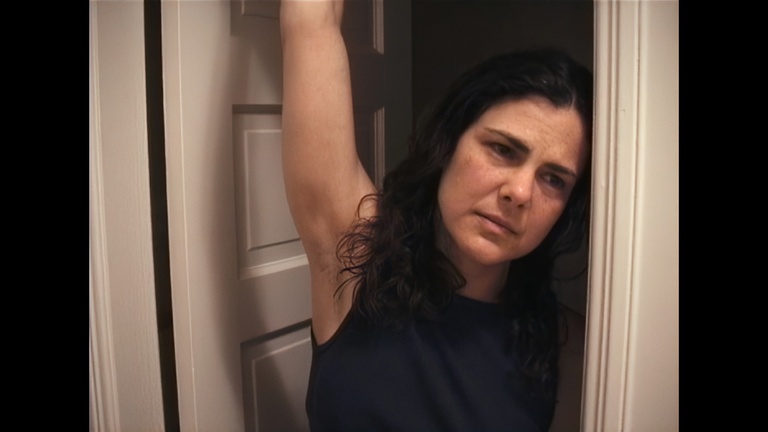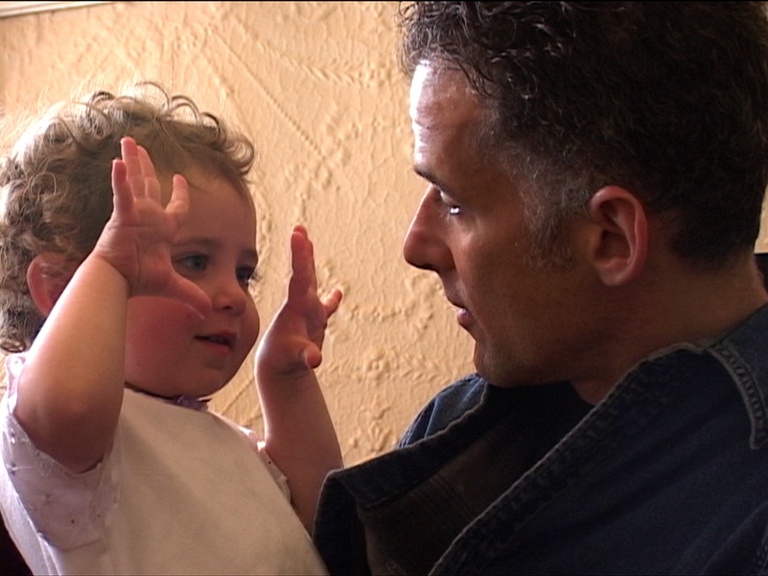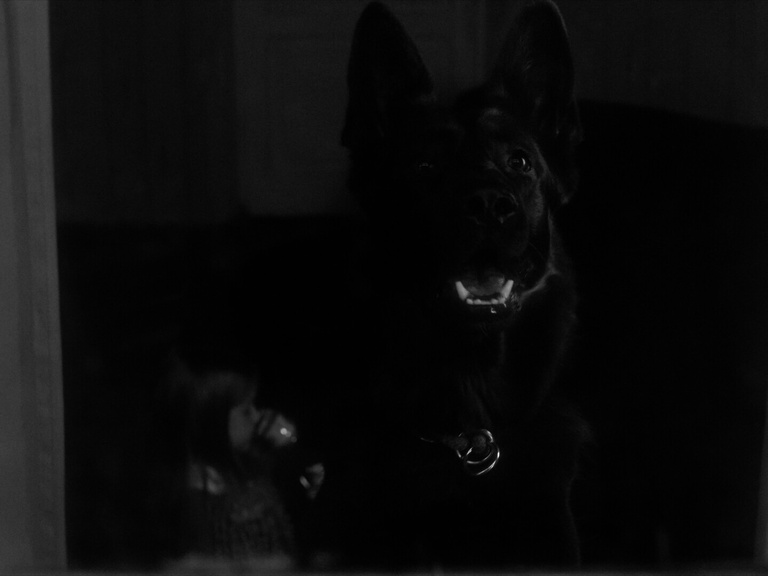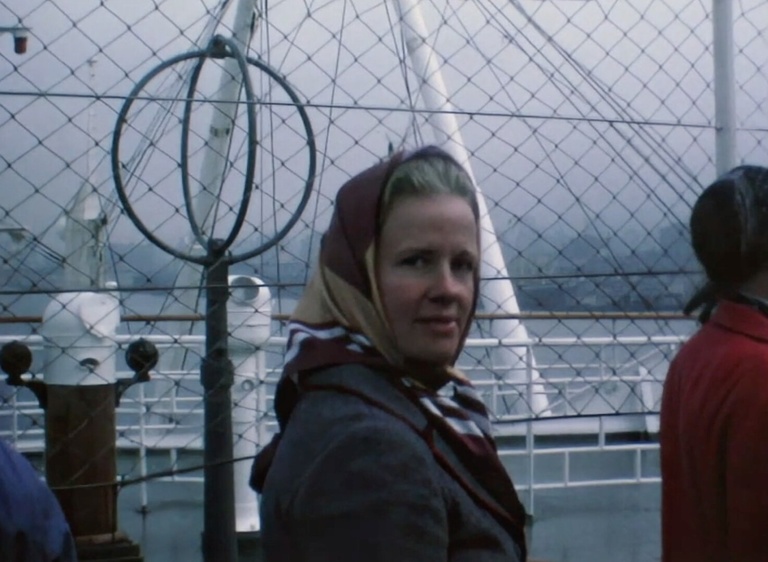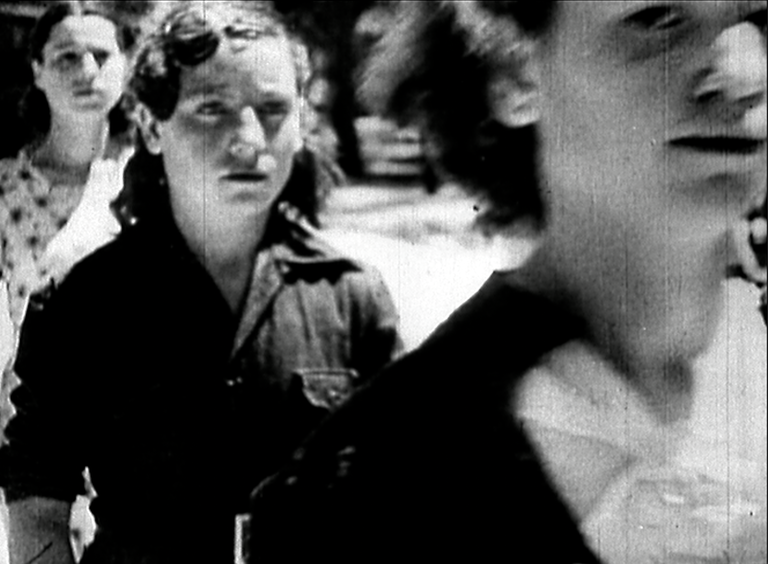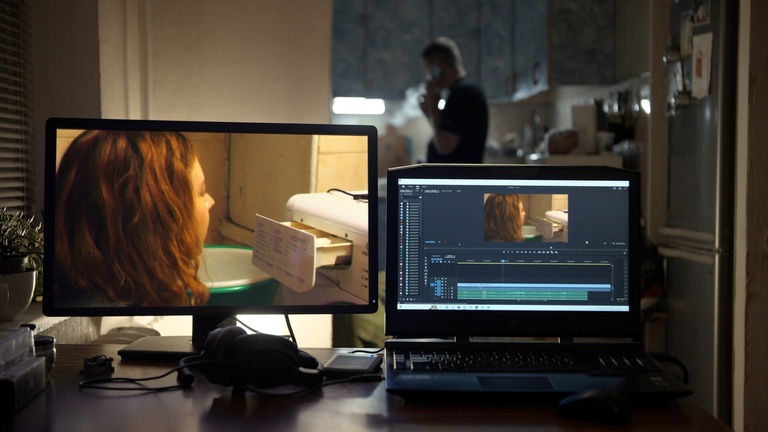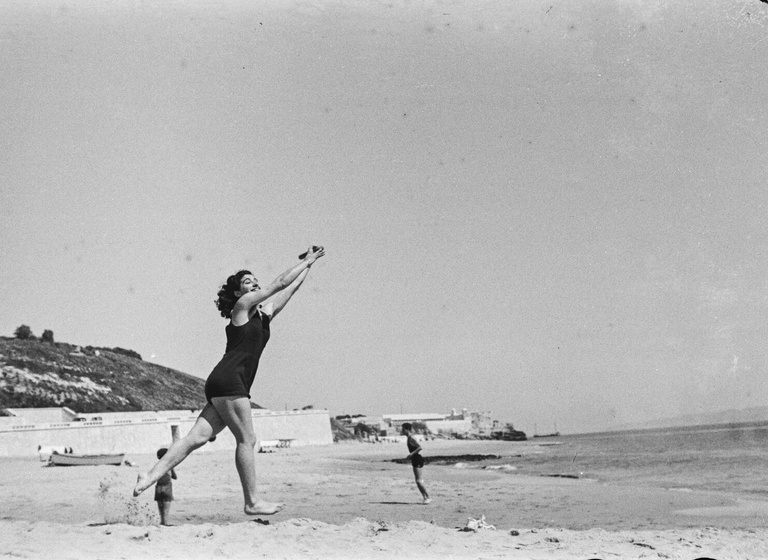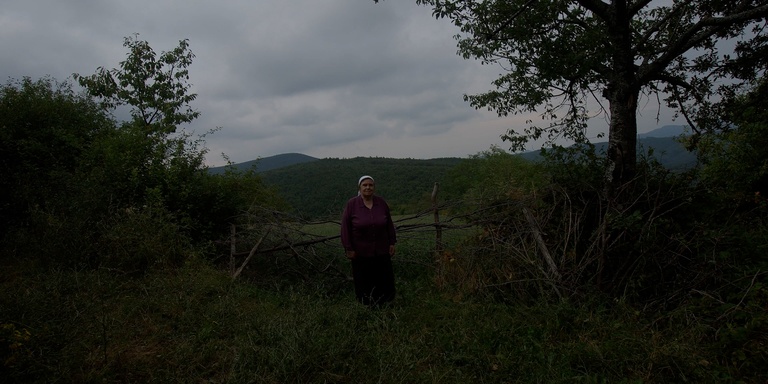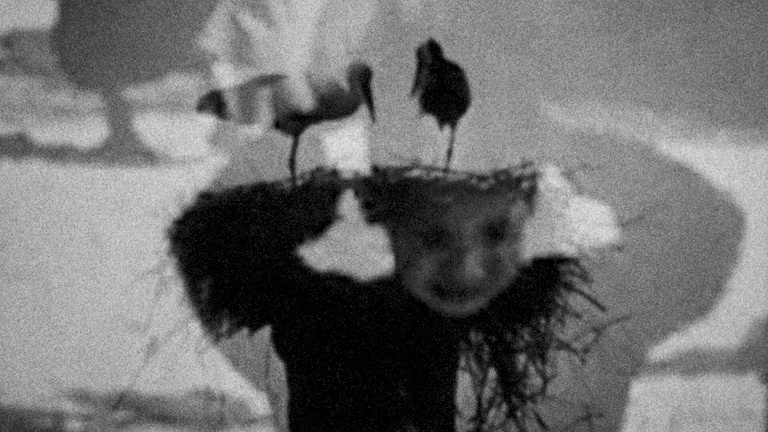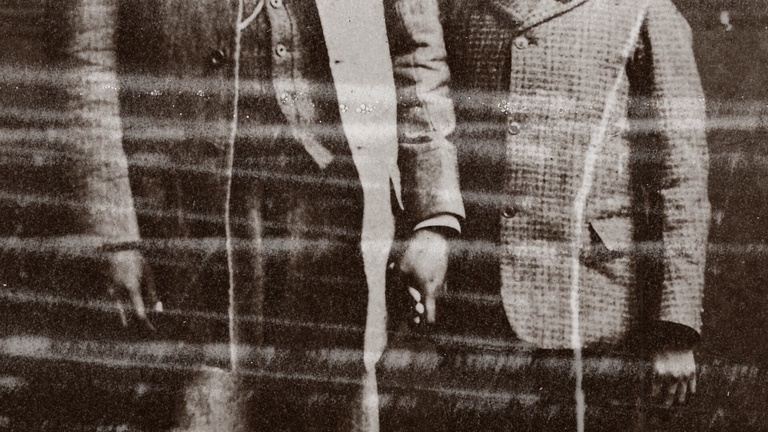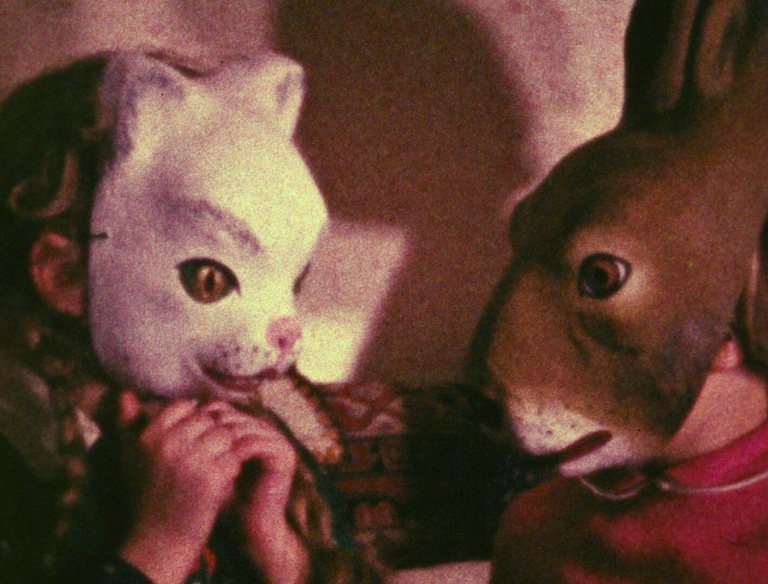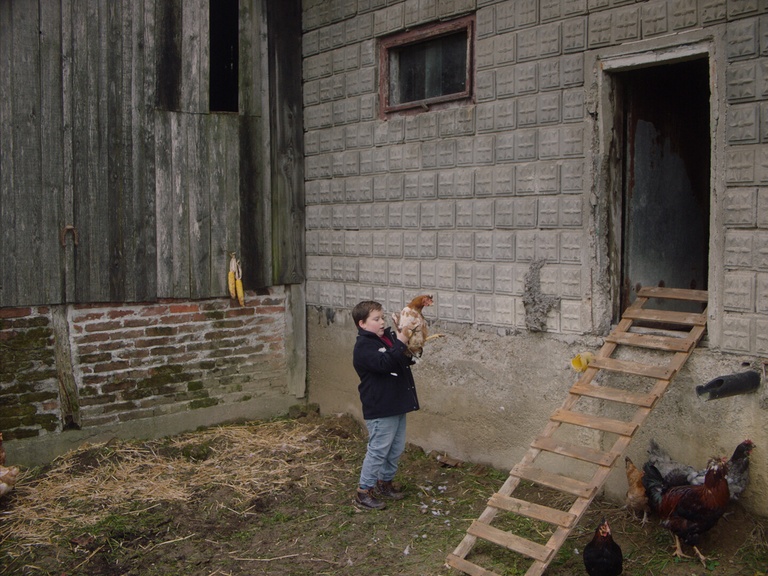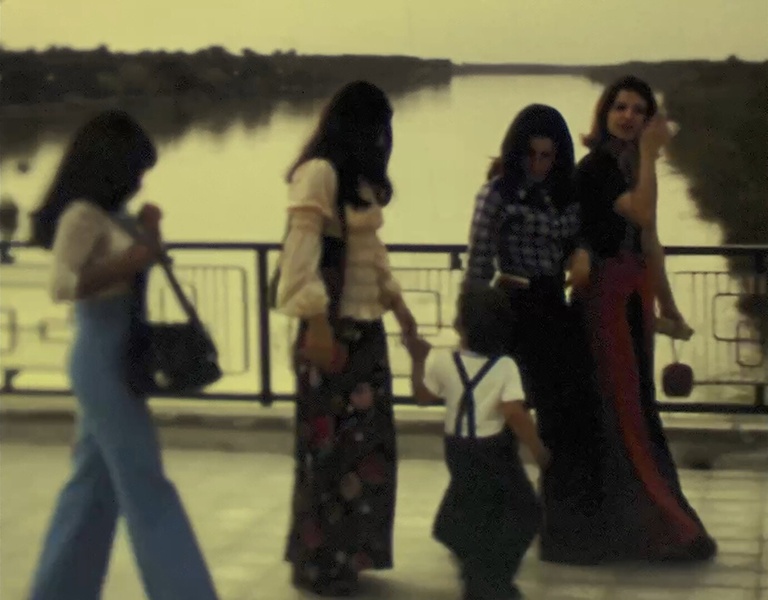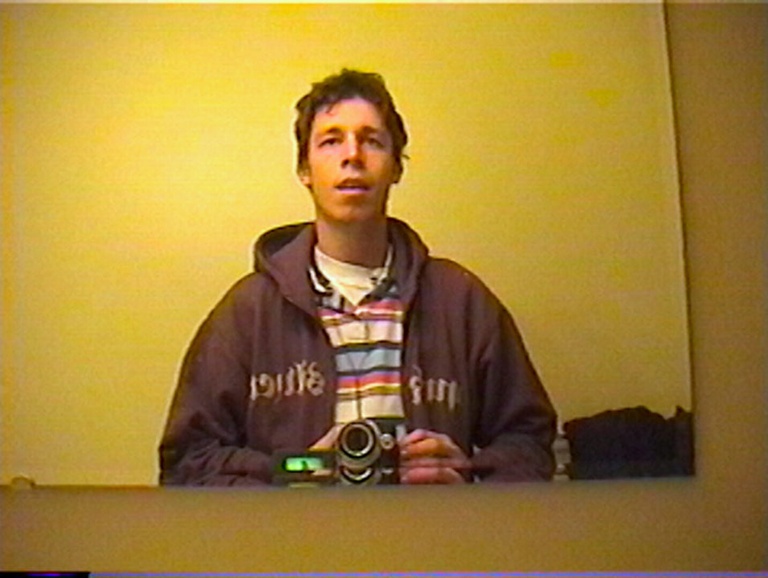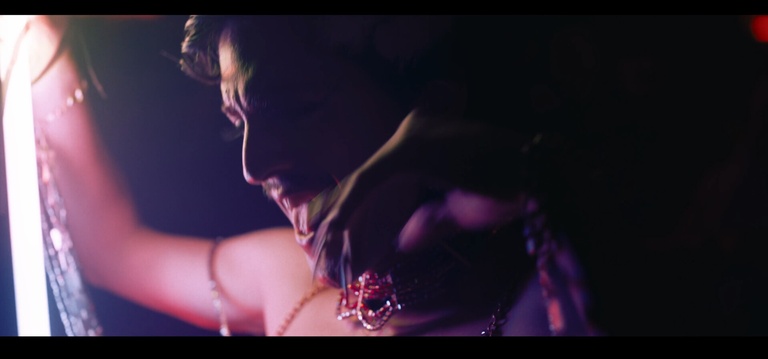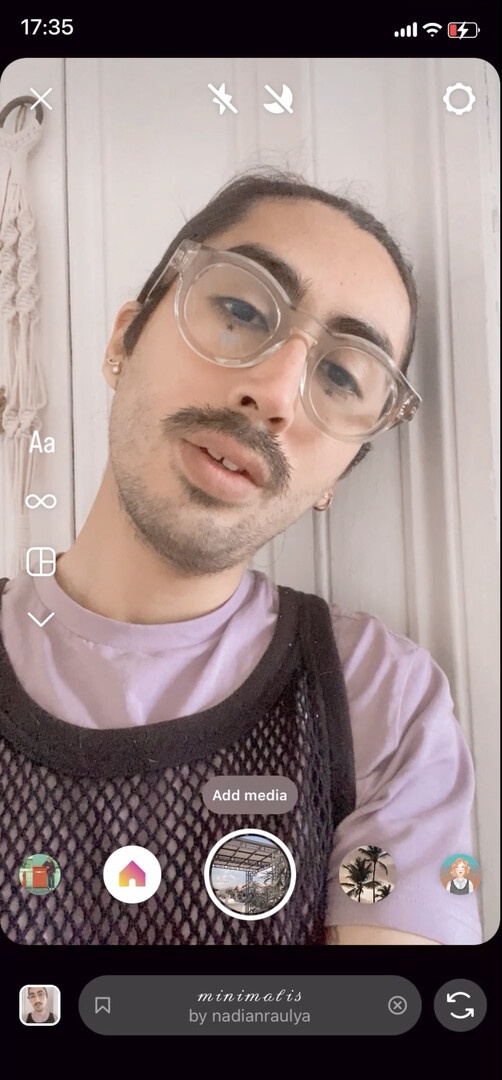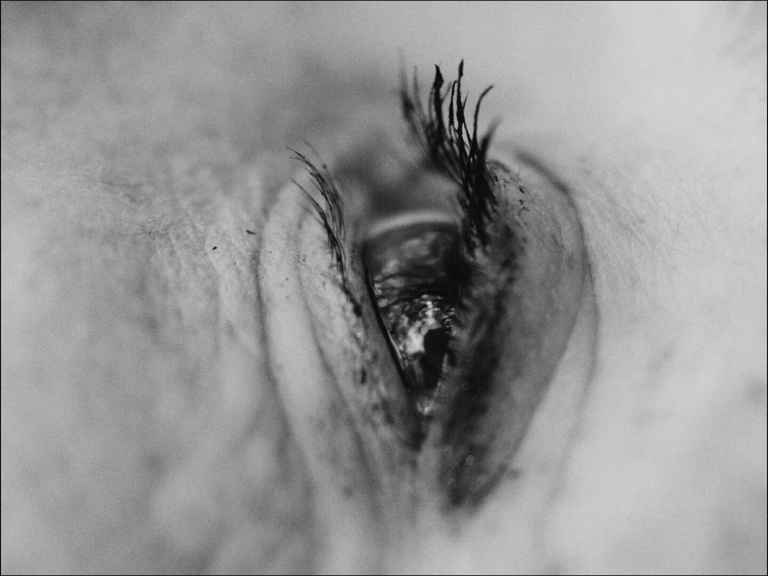Luísa Sequeira
Luísa Sequeira is a filmmaker, visual artist, and film curator. Holding a PhD in Media Arts, her practice moves fluidly across platforms, exploring the boundaries between analog and digital by combining collage, archival material, and expanded cinema in both artistic creation and research.
Her filmography includes Quem é Bárbara Virgínia?, Os Cravos e a Rocha, As Pioneiras do Cinema em Língua Portuguesa, All Women Are Maria, O Que Podem as Palavras (co-directed with Luísa Marinho), Becomingness, Limite, Născută, Discursos Transgressivos, Memória, Substantivo Feminino, and La Luna.
On Portuguese television, she created, hosted, and coordinated several projects, most notably Fotograma, a program of her own authorship dedicated to cinema in the Portuguese language. In Brazil, in collaboration with the artist Sama, she created Motel Sama, an experimental animation series produced and broadcast by Canal Brasil.
She has collaborated with Teatro Experimental do Porto (TEP), exploring expanded cinema and video art. In addition to writing and directing the play Rosas de Maio, she developed expanded cinema segments for Estro/Watts by Gonçalo Amorim and Paulo Furtado, and for the play Antígona.
Luísa’s work has been presented in a wide range of international contexts, including the Kaunas Biennale, Cinemateca do MAM in Rio de Janeiro, Cinemateca de São Paulo, Masc Foundation (Vienna), Mostra de São Paulo, IFF Rotterdam, DocLisboa, the Cinema Museum in London, New Bedford Whaling Museum, the University of Oxford, the Museum of Image and Sound of Ceará, the Bienal de Arte de Cerveira, and the Centro Audiovisual Simone de Beauvoir.
